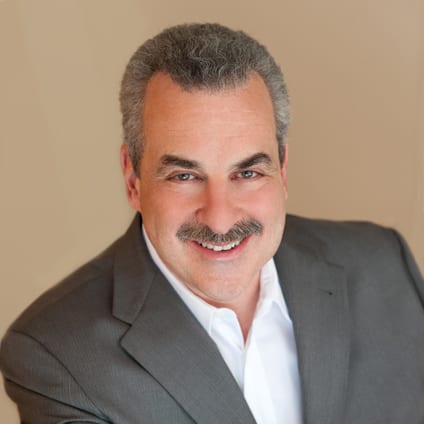Blog
Like Simone Biles and Naomi Osaka, Our Kids Can Be Mental Health Heroes
I’ve worked in child and adolescent mental health for several decades, and have never seen anything like what we are experiencing today. Our heroes – pop stars, movie stars, athletic stars — are normalizing the mental health struggles so many of us and our families face every day. They are sending a powerful message that there is no shame in getting help — and that message could not come at a more critical moment for America’s kids.
As children, we’re taught that anyone can become a hero. From Greek mythology to the Marvel Universe, heroes emerge from unlikely circumstances to achieve extraordinary things. Most importantly, they sacrifice to achieve something bigger than themselves.
The brave journeys of stars like Simone Biles and Naomi Osaka resonate with so many of us. We’ve always admired them for their athletic prowess, but now they have sacrificed their immediate professional goals because of a transformative realization: mental wellbeing is the foundation for everything else. They are bravely saying that their athletic achievements, their stature, and, most critically, their happiness as individuals are supported on a bedrock of good mental health. By putting mental health first, at the pinnacle of their fame, they are changing our society for the better.
And they are sending a powerful message to our children. Like many Americans, I was surprised when I saw that Biles had withdrawn from the team gymnastics competition at the Tokyo Olympic games. That quickly turned to admiration as I heard her admit that she, too, has mental health struggles. “I had to do what’s right for me and not jeopardize my health and well-being,” she said.
The pressure felt by Olympians is mirrored in the Olympic and non-Olympic-sized events in our kids’ lives, whether it’s pitching in a school baseball game or taking a weekly spelling test. It’s not the impact of the event, but how the child feels about the event. What Biles and Osaka have done is to demonstrate that even the greatest among us can struggle, and it’s OK to admit it. It’s ok to pause, process, and ask for help. It’s even ok to decide on a new path forward.
I can tell you that this honesty and strength translated into an immediate impact for the 12-year-old girl I am treating for separation anxiety. When I told her about Biles, I saw a feeling of relief cross her face. It said, “Someone else feels like I do. I’m not alone.”
Mental health disorders are the most common health problems of childhood and adolescence, affecting one in five kids. And kids don’t just “grow out” of these challenges; in fact, they increase the risk of later depression, school failure, substance abuse and suicide. More than 6,000 young people age 15-24 die by suicide each year, and 1.2 million teens visit the emergency room each year for suicidal ideation or attempts. More chilling are those who suffer in silence: two-thirds of kids with a mental health disorder will never get the help that they need.
A big barrier to seeking care is stigma. When a famous person – a hero – speaks up, they give kids the most incredible example. A young person watching knows that if an Olympian or a tennis champion can prioritize her mental wellbeing on the world’s biggest stage, I can do it, too.
When athletes demonstrate this self-care it is even more important, because it explicitly shows kids that mental health is health. Mental health and physical health shouldn’t and can’t be seen as separate entities. We want everyone to pay attention to their total well-being.
Each year, the Child Mind Institute has a campaign featuring celebrities offering candid insights about their own mental health challenges. There is intense power in hearing that those whom we idolize share our struggles, our anxieties, our sense of uncertainty and even shame. The second, and most critical, part of that message is that there is always help; you just need to speak up.
Standing up for yourself and your health isn’t selfish, it’s heroic. Take it from the heroes we all admire.

